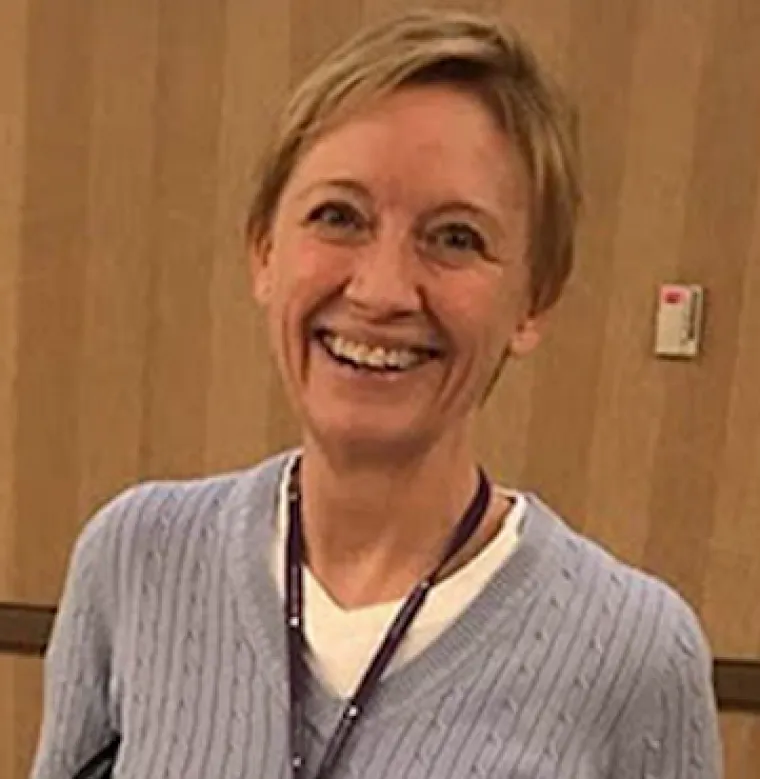Jennifer Jenkins
Jennifer Jenkins works at the intersections of literature, film, and archives, teaching in both the English department and the iSchool at the University of Arizona. Publications on literature include essays in ESQ, The Henry James Review, Twentieth Century Literature, Paradoxa, and the Journal of Popular Culture. Film studies appear in The Moving Image, The Philosophy of Tim Burton (UPK, 2014), Hitchcock's Moral Gaze (SUNY, 2017), Irish Literature on Screen (Palgrave, 2017) Cold War Film Genres (Edinburgh, 2018), and Cultural Nationalism and Ethnic Music in Latin America (UNM, 2018). She has presented on archival film at the Orphan Film Symposium, Mujeres en el cine mudo, the Association of Moving Image Archivists, and the Northeast Historic Film Archive Summer Symposium, which she directed for a number of years. For two years she curated the Puro Mexicano Tucson Film Festival, and has been working to develop an archive of amateur and locally-made films of the Arizona-Sonora borderlands. She also curated the museum exhibit, Native Curiosity: Collecting Indian Arts in Territorial Arizona for the Arizona Historical Society (2003-2006). She is the founder of Home Movie Day Tucson, and is developing the Tombstone Home Movie Project. In 2011 she brought the American Indian Film Gallery, a digital archive of over 450 films by and about Native peoples of the Americas, to the University of Arizona. This project is actively engaged in tribesourcing: reinterpreting these midcentury educational and industrial films through recording of alternate Native narrations and culturally competent metadata from within Native communities. This project was awarded a 2017 NEH Humanities Collections and Reference Resources Grant. To inform her work with archival film and print materials, she earned a Master's in Library and Information Sciences and a graduate certificate in Archival Studies in 2014. Her recent book, Celluloid Pueblo: Western Ways Films and the Invention of the Postwar Southwest (University of Arizona Press, 2016), explores construction of regional identity through non-Hollywood moving images. In 2017 she was named Director of the Bear Canyon Institute for Southwest Humanities at the University of Arizona. She holds the 2019 Cátedra Primo Feliciano Vázquez at the Colegio de San Luis in San Luis Potosí, Mexico.


